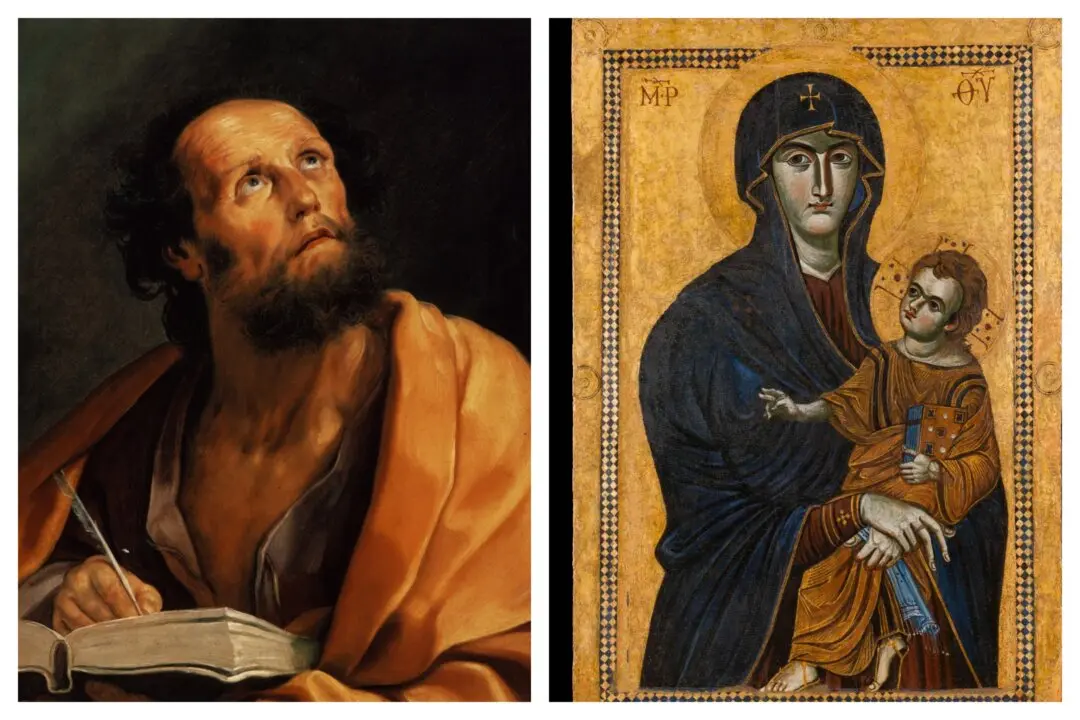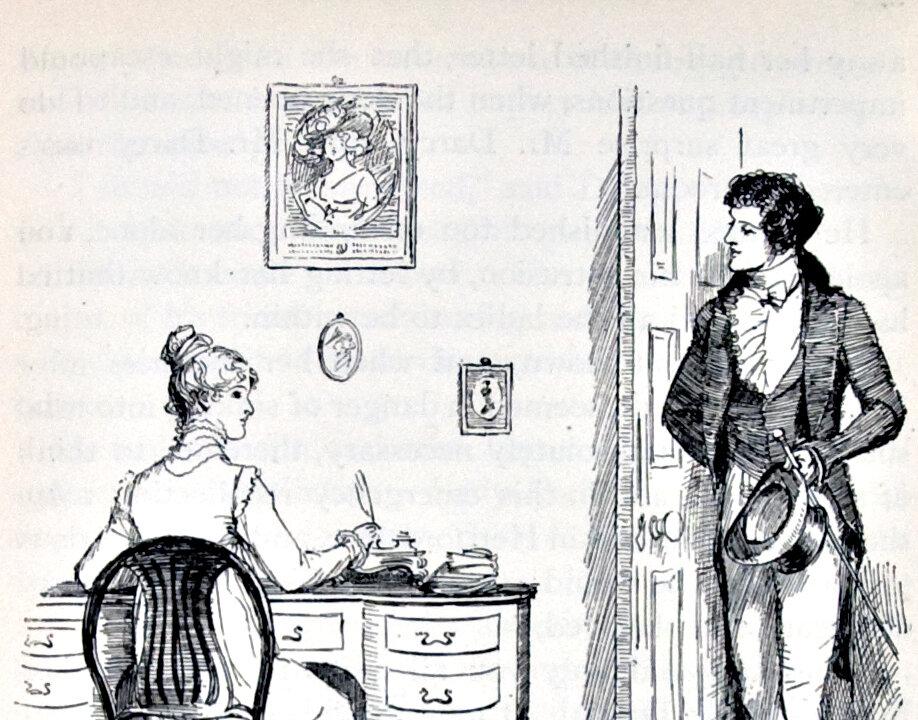Lead, kindly Light, amid the encircling gloom, Lead thou me on! The night is dark, and I am far from home,— Lead thou me on! Keep thou my feet; I do not ask to see The distant scene,—one step enough for me.
I was not ever thus, nor prayed that thou Shouldst lead me on: I loved to choose and see my path, but now Lead thou me on! I loved the garish days, and, spite of fears, Pride ruled my will: remember not past years.
So long thy power hath blessed me, sure it still Will lead me on; O‘er moor and fen, o’er crag and torrent, till The night is gone; And with the morn those angel faces smile Which I have loved long since, and lost awhile.
Usually, we do not consider ourselves led by our light, but rather our light illuminates our chosen way. We delight in choosing our own way, and what source of light we find in the world serves to guide us along it. Not so in John Henry Newman’s poem “Lead, Kindly Light” in which the speaker yields the choice of path to the light.Newman wrote the poem in 1833 as he found himself far from home, struggling with life-threatening illness on a becalmed ship in the midst of his travels.





